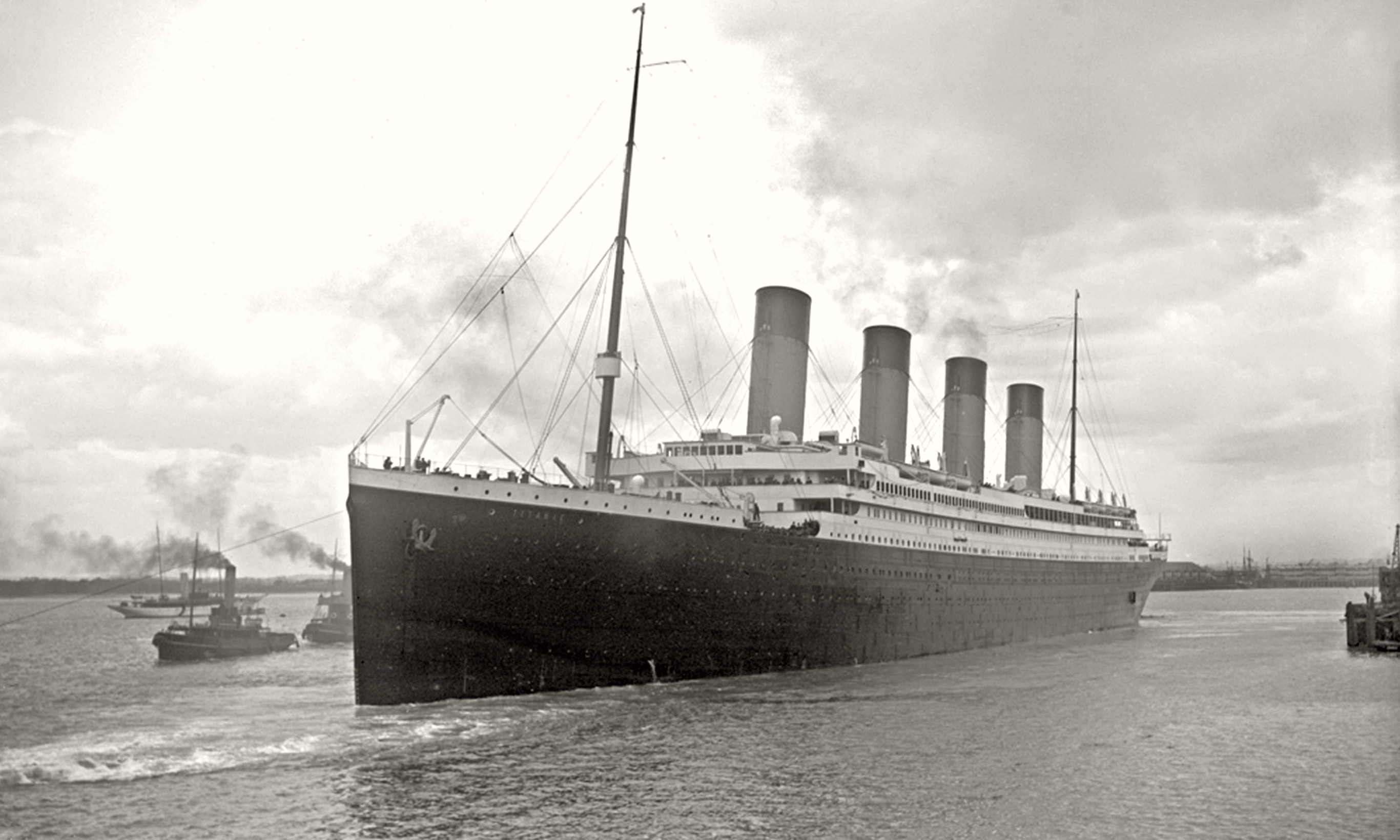Leadership Quotes that Will Motivate You to Make Your Dreams Come True
"Our chief want is someone who will inspire us to be what we know we could be." Ralph Waldo Emerson
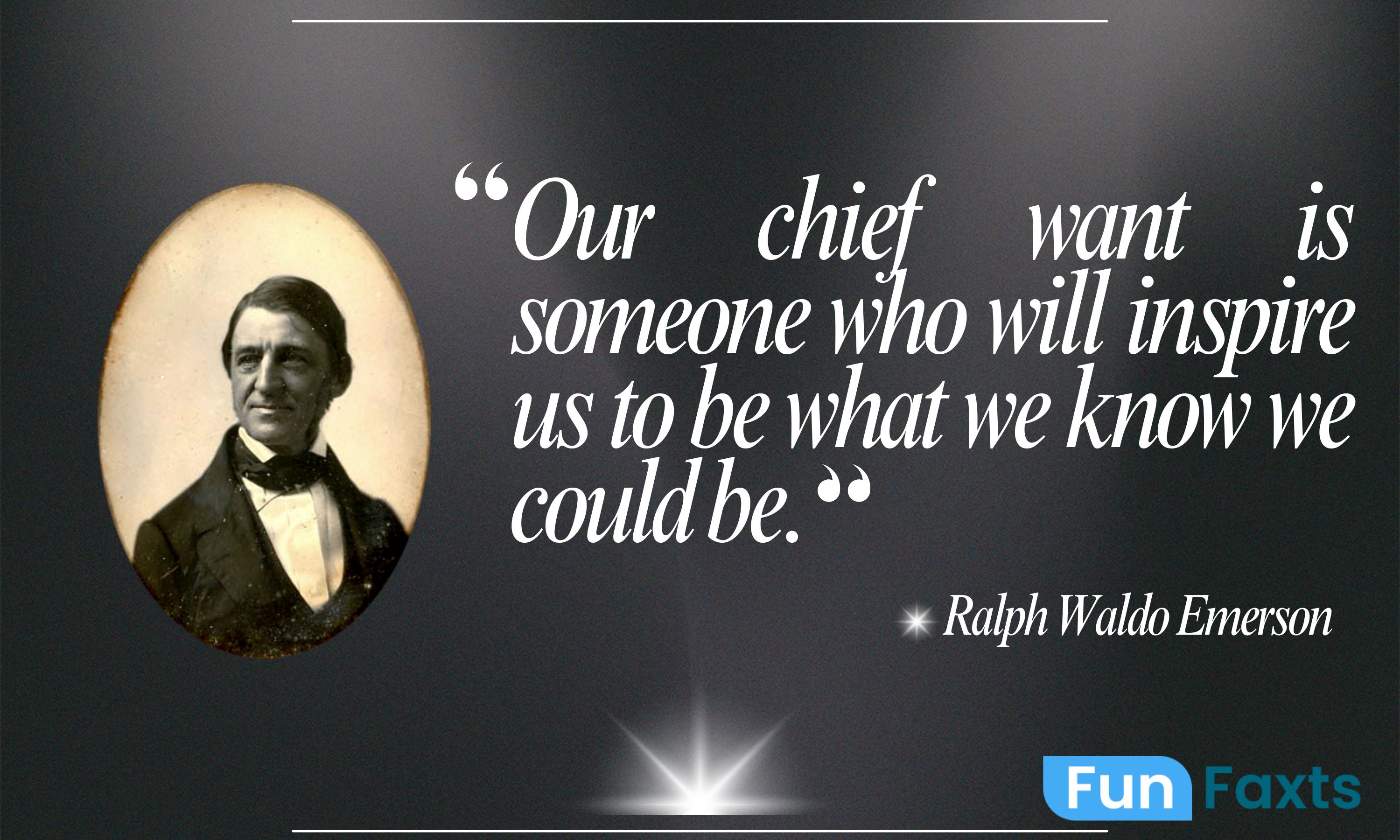
A great leader not only inspires himselfto move forward towards a specific goal, but also emboldens his surrounding team. As a leader, it is your job to continually develop yourself, analyzing your strengths and weaknesses in order to recognize the samein others.
Continually grow so others in your organizationcan also develop into a harmoniously working unit. Clearly define goals, both personal and professional, that will lead to success for both yourself and your company.
Determine each individual's strengths, then brainstorm how you can utilize and expand upon each one in order that you may achieve your goals together as a team.
"Keep your fears to yourself, but share your courage with others." Robert Louis Stevenson
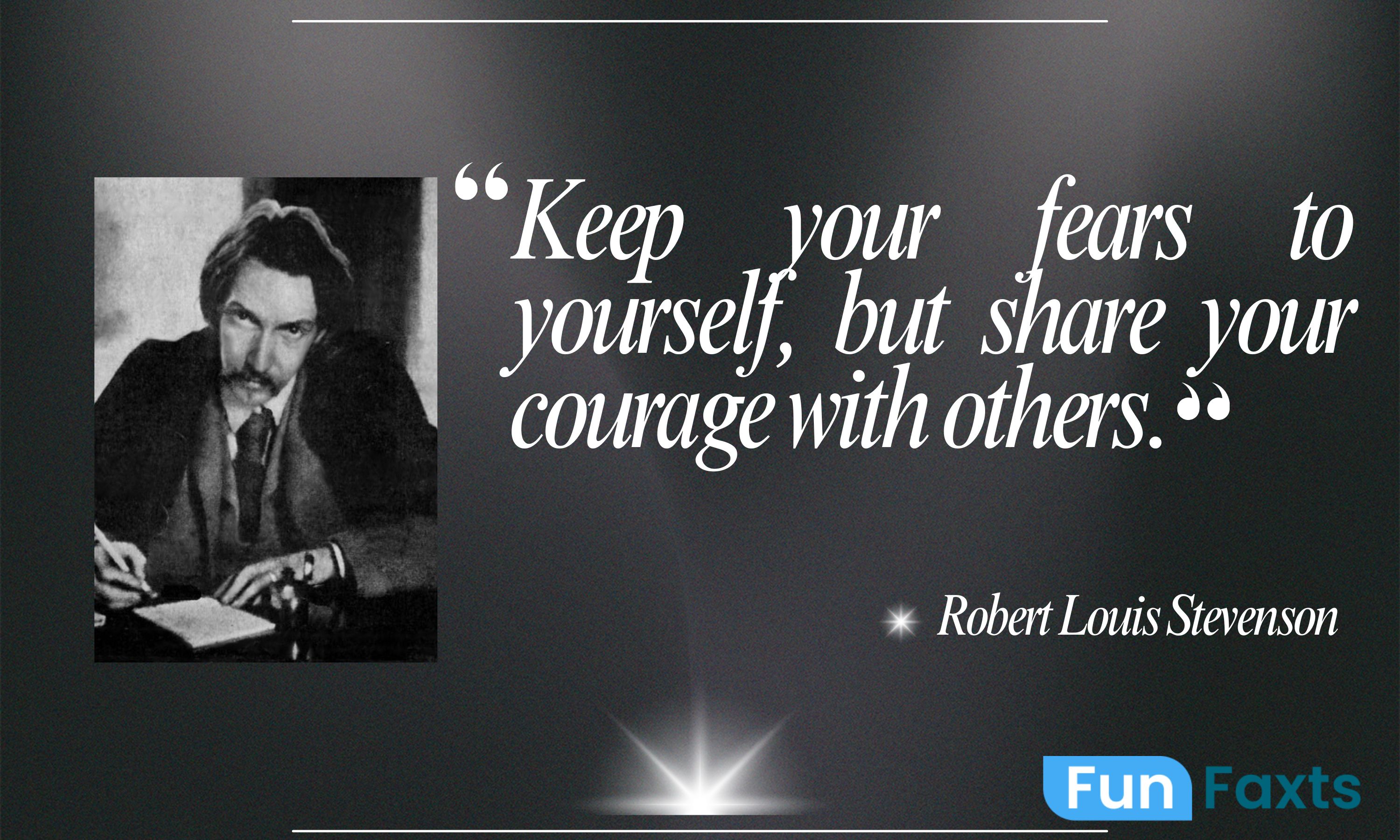
When a leader is shaky in his or her role, the stability of their entire team will falter. A leader is often seen as the foundation a team is built upon, not a star at the top of the pyramid raining down orders.
Once a team becomes unsure of its abilities, not only will the productive level decrease, but it will also begin to fall apart with added sick leave, vacations, and employee turnover. In addition, individuals will become sensitive to and critical of one another's mistakes, which will lower overall morale.
Once a group's attitude turns negative, it will take a greater effort and more time to recover an amicable working environment, so it is crucial that a leader maintain an air of confidence, even in times of turmoil.
"The greatest leader is not necessarily the one who does the greatest things. He is the one that gets the people to do the greatest things." Ronald Reagan
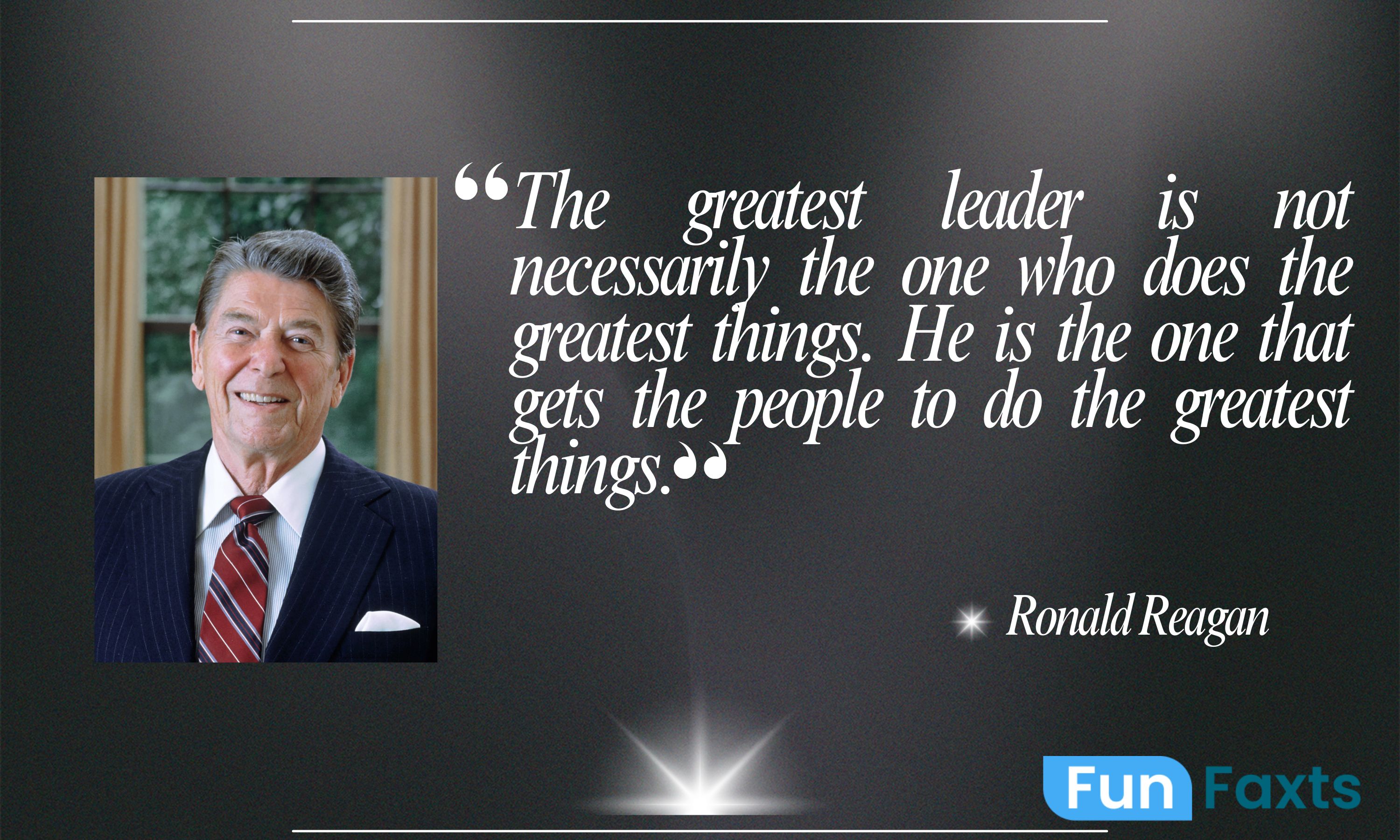
You have determined the strengths of the those with whom you are working, and you have delegatedtasks that allow them to shine, so the team can reach one of its goals.
Once you have asked someone to do great things, it is important to recognize them for their achievement and not take any of the credit yourself.
If you attempt to abduct the recognition for someone else's work, you will undermine your reputation as a leader, and your team will lose their willingness to put forth their best efforts toward overall success.
“Anyone who has achieved excellence in any form knows that it comes as a result of ceaseless concentration.” Louise Brooks
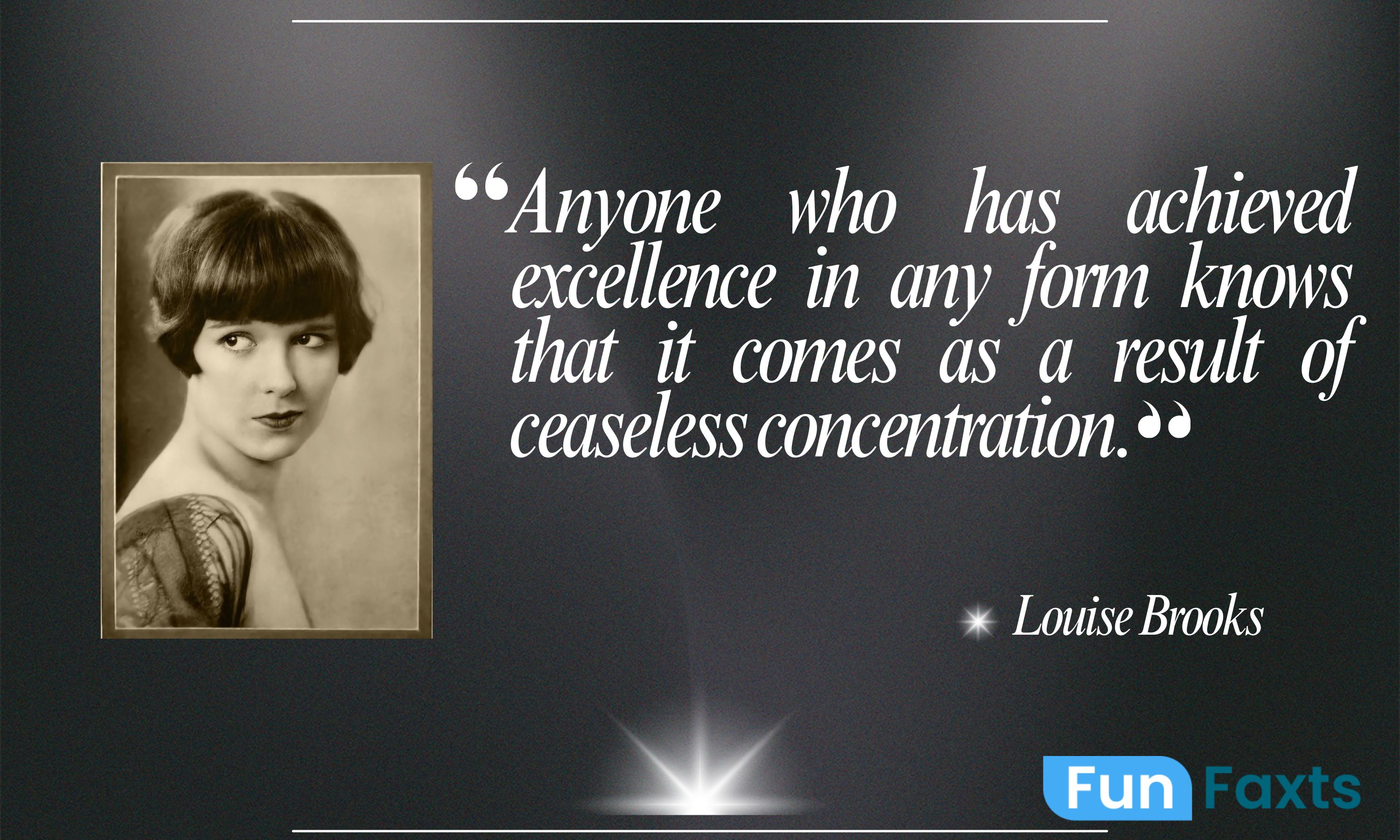
Good leaders are constantly considering ways they can improve both themselves and the processes by which they work. Don't limit yourself to your professional capacity; think also of other areas, like your personal daily routine or how you spend your free time.
Not many billionaires waste their precioustimebinge watching TV shows. Many of us who work longer hours find it difficult to obtaintime for family and friends, so focus on the quality of yourtime, and don't allow yourself to be in the same room physically but hundreds of miles away from each other mentally.
Healthy familial relationships often dictate the health of our workplace relationships, so don't sell your loved ones short.
“To begin is the most important part of any quest, and by far the most courageous.” Plato
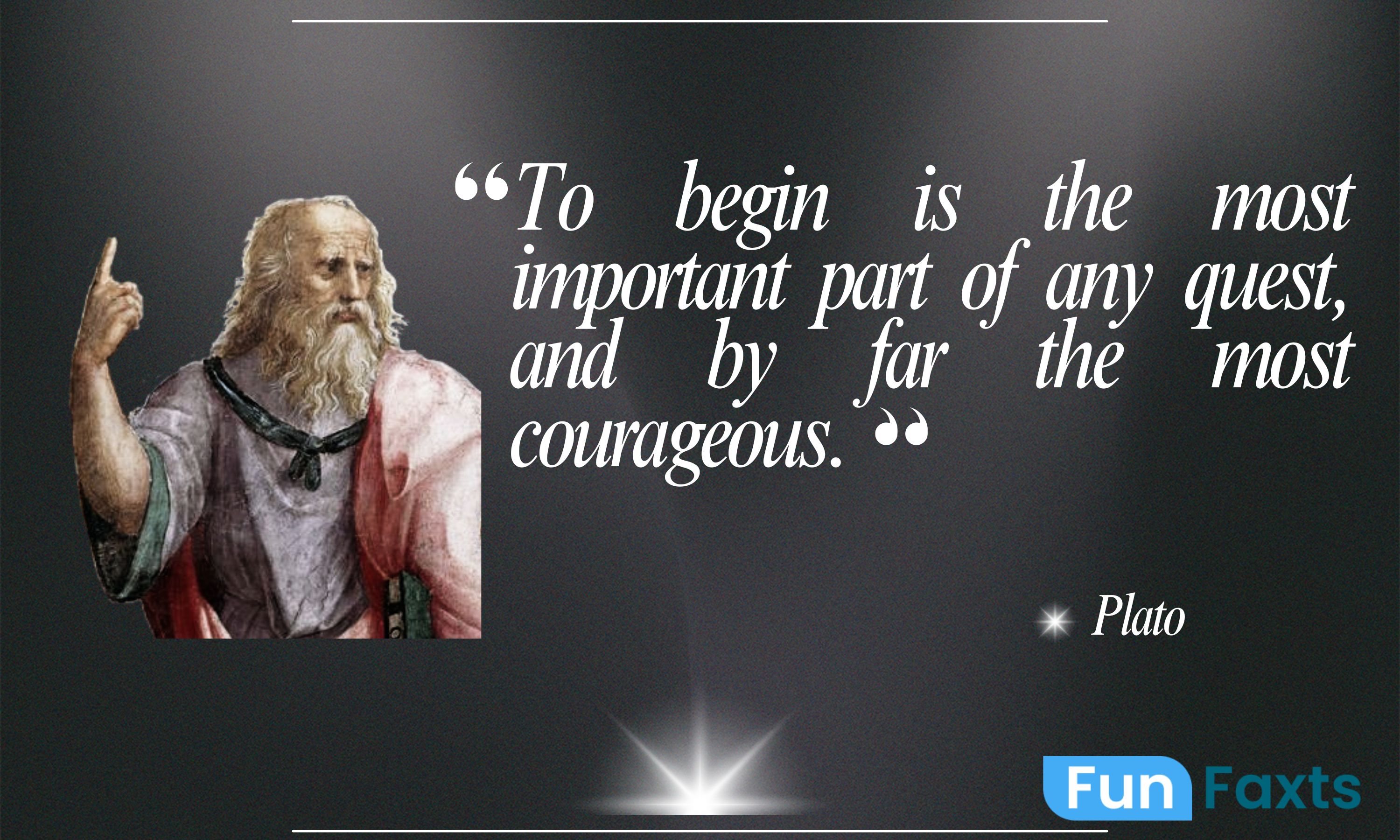
By saying that you will achieve a goal one day, but not actually taking the steps to get there, is turning failure into a reality. If your goal is to own your own business, take the steps needed to establish a client base and profitable contacts. Spend time arming yourself with information, so that when the time is right the pieces will fall together.
When you are planning your week ahead, focus not only on your schedule of appointments and obligations, but also on small steps to daily develop yourself, your team, and your relationships.
Author Stephen Covey goes in depth on these details and how to commit to this practice in his book, The 7 Habits of Highly Effective People.
“He who does nothing renders himself incapable of doing any thing; but while we are executing any work, we are preparing and qualifying ourselves to undertake another.” William Hazlitt
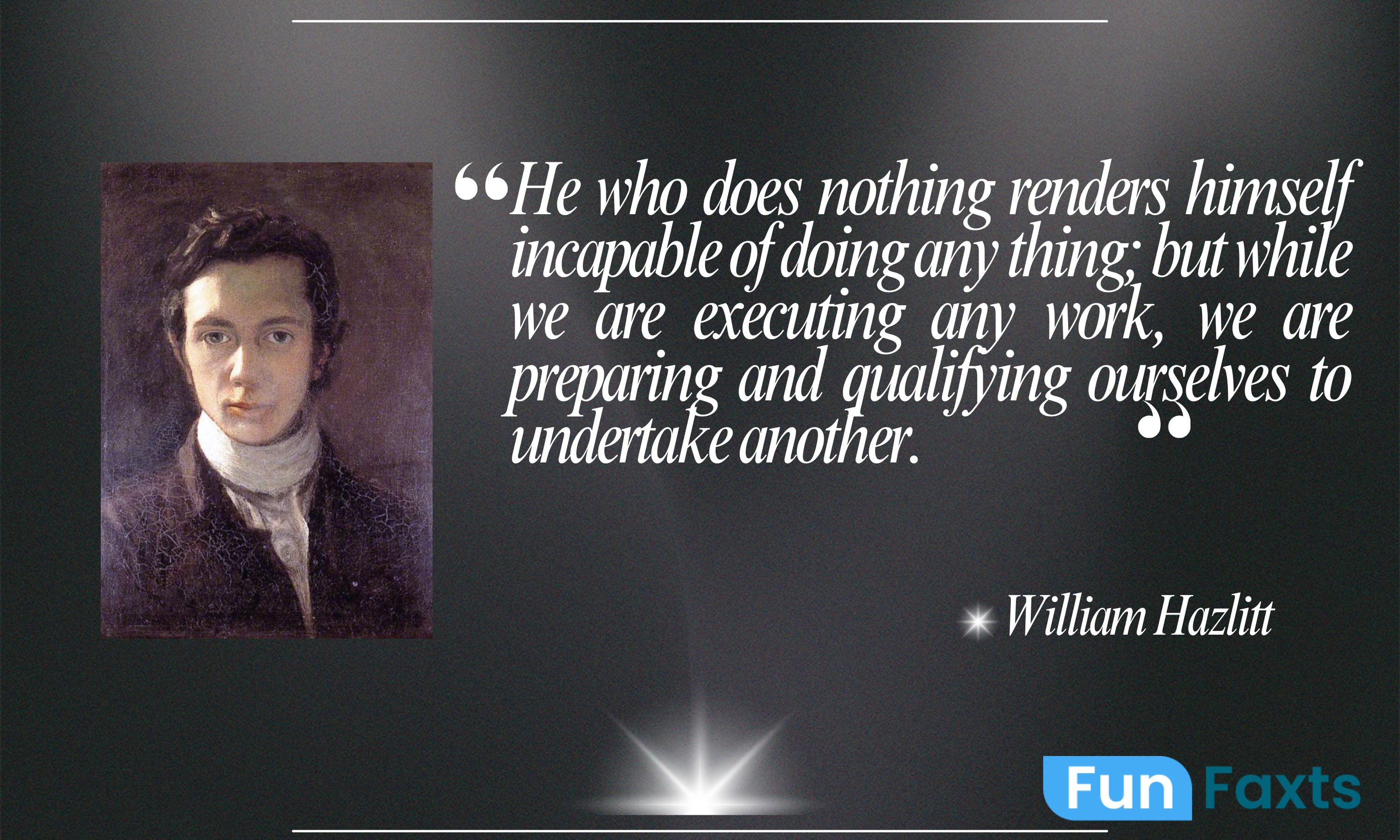
Reaching any goal is the result of taking baby steps towards it. Purposely planning just one small task to tackle each day can bring your goal closer to reality, and will result in your ability to look back on how far you have come with amazement at your progress.
It is important to take humble steps in a proper order(Step A, B, C, and D), rather than makinga huge leap (going from Step A to Step D). A wide jump may set you up for failure or more work than you anticipated, causing you to burn out quickly and lose sight of your ultimate goal.
A productive process for establishing your order of tasks is to view your goal and brainstorm backwards on what it will take to reach it.
“Short as life is, we make it still shorter by the careless waste of time.” Victor Hugo
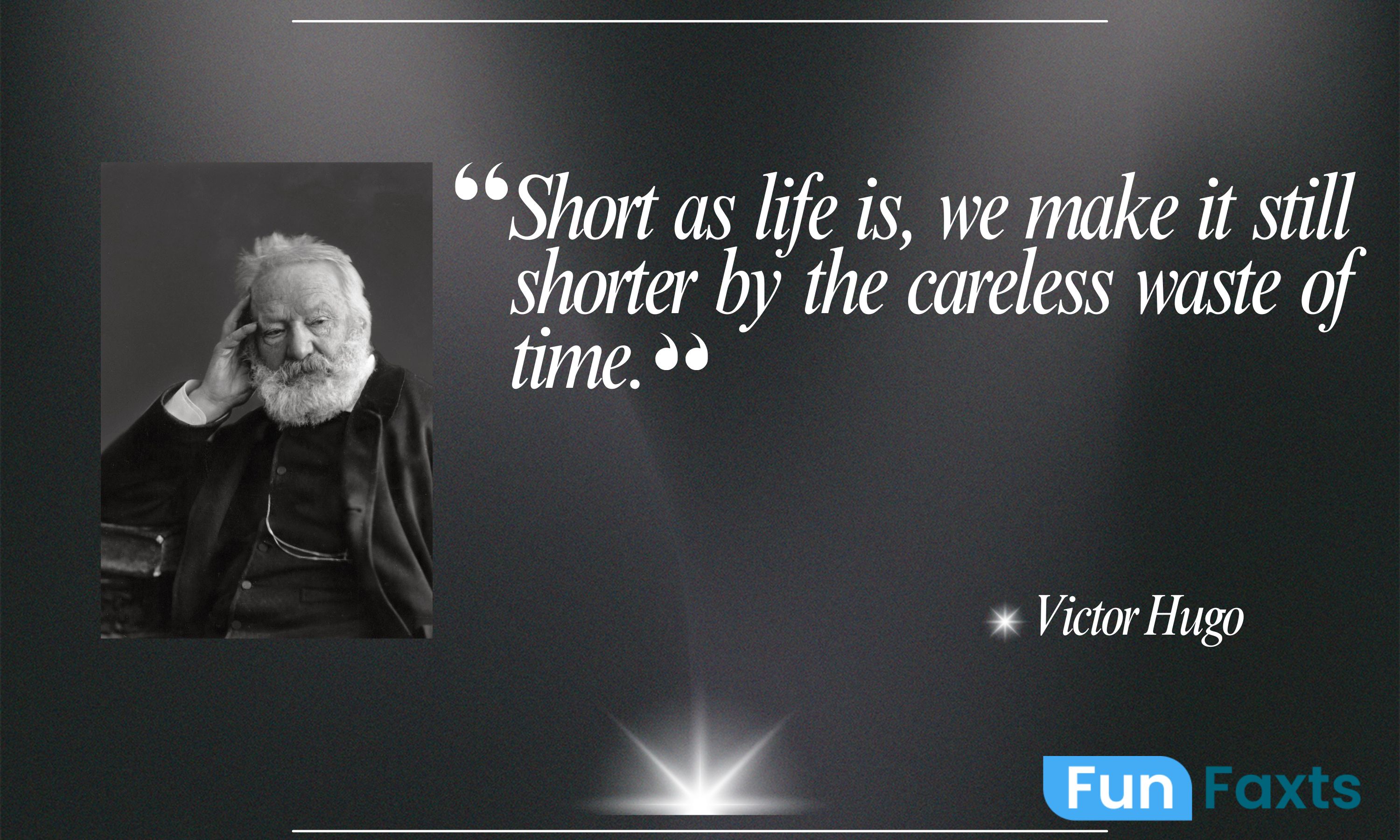
We are living in an age that offers us endless ways to waste time through distractions and mindless entertainment. On one hand, technology allows us ample opportunity to reach others for assistance with our goals and research new ways to achieve them. However, the social media trap in particular becomes a curse when we allow our minds to wander and marinate in other people's lives, where we can be quick to unhealthily base our own paths on the success of others.
Do you really need to watch another episode of that TV show, or can you begin a book you have been meaning to read for a long time? Do you really need to check Facebook again, or can you write an email to that expert in your field of interest with whom you have been meaning to connect?
“If a man will begin with certainties, he shall end in doubts, but if he will be content to begin with doubts, he shall end in certainties.” Francis Bacon
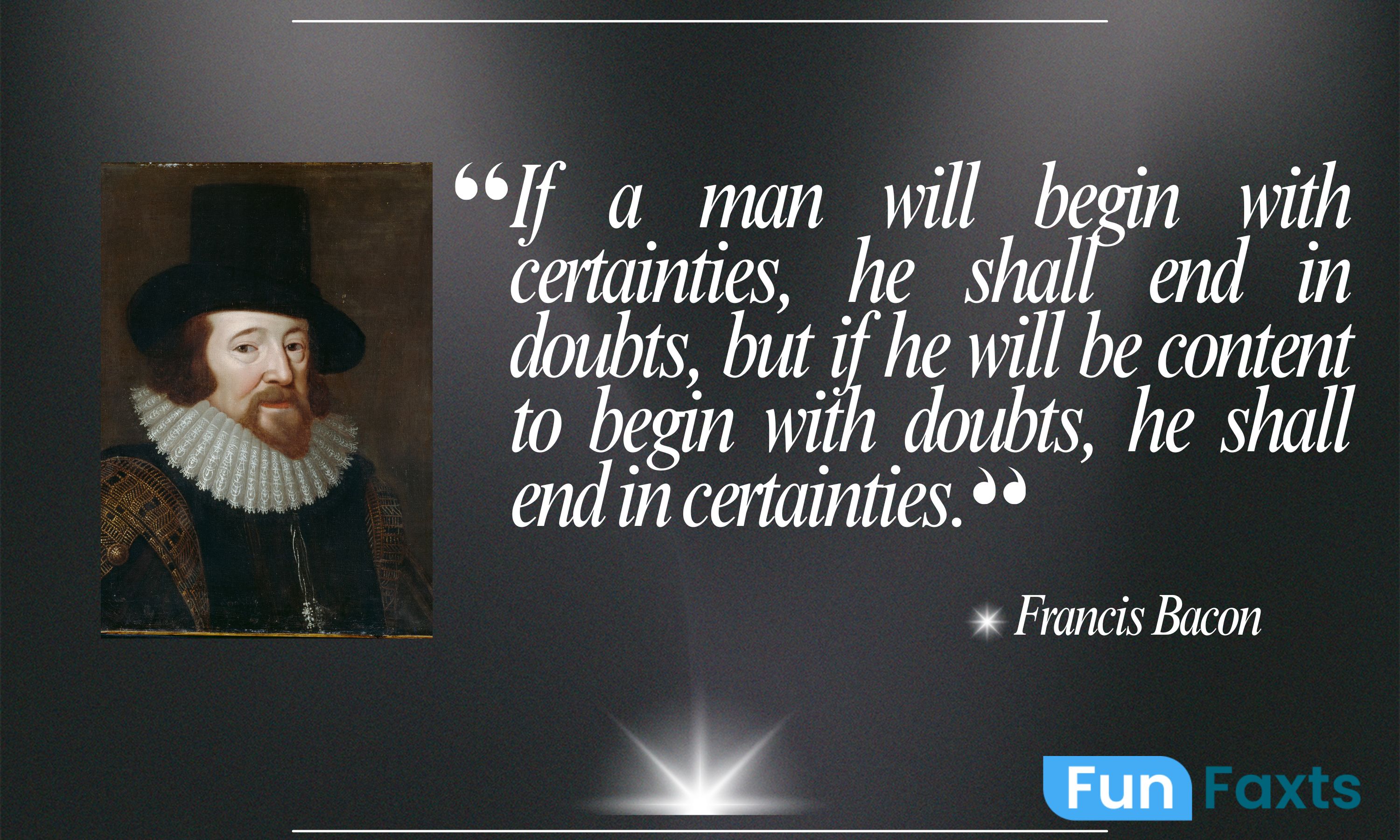
Sometimes you have to find what works for you through trial and error. If you begin an adventure with such strict rules that you become inflexible toward new ideas or information, how can you be certain that you are getting the most from your time?
Can you be sure that you are making the most money from the resources you are utilizing? If you begin your adventure with a flexible willingness to change, at the end you will know that what you are doing is the best way to handle the situation.
“He who conquers others is strong; He who conquers himself is mighty.” Lao Tzu
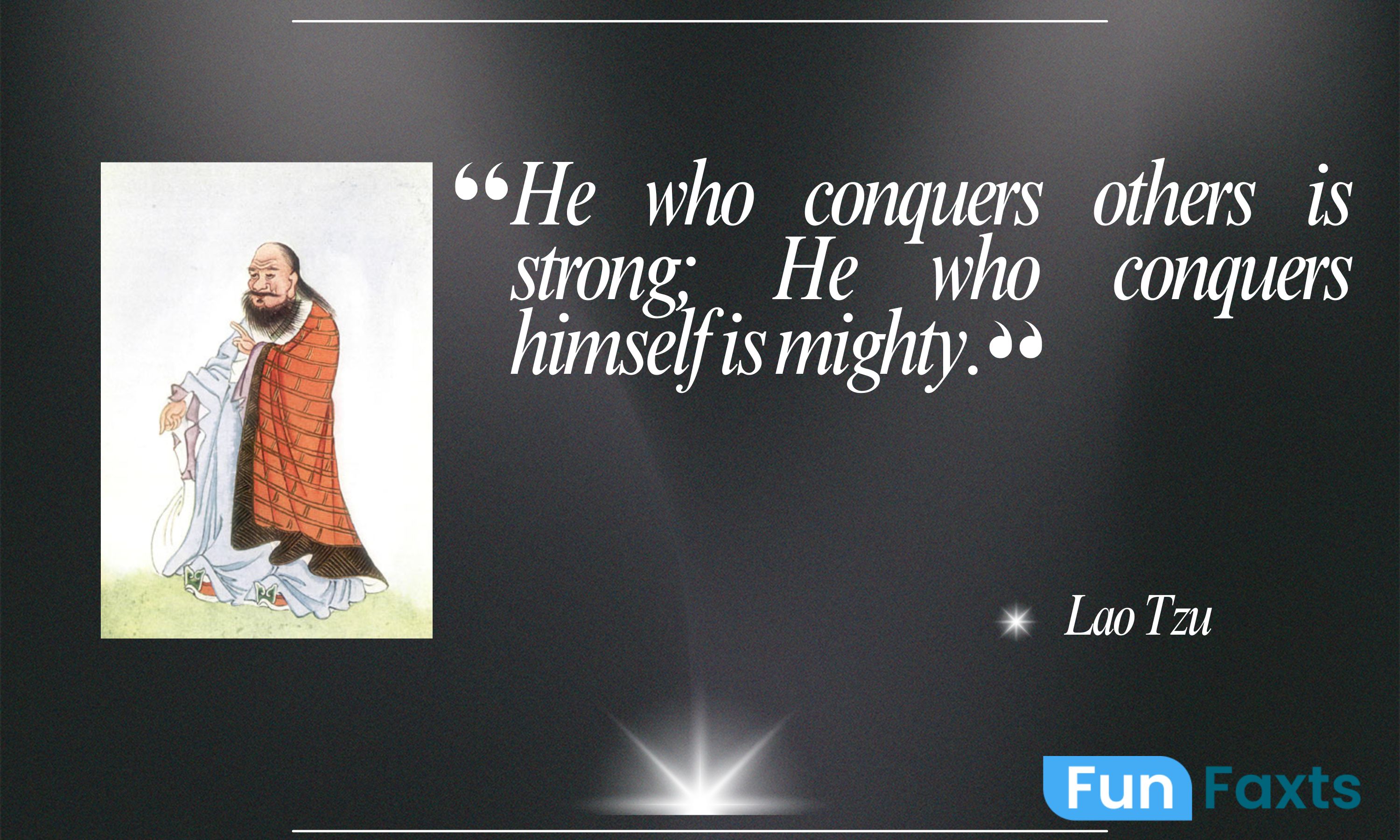
It is effortless to find and appraise the faults of others, but turning the same criticism onto ourselves is no easy feat. If you are an individual who is quick to critique those around you, take a step back and ask yourself, "What qualities do I possess that are similar to what I dislike about this person?"
Hopefully, that answer comes to you quickly, but this is a surefire way to keep at the forefront of your mind the recognition that you are not perfect and neither is anyone else. Remember, the best outcomes are the result of focusing on the strengths of others, not the weaknesses.
“We are…understanding with increasing realism that the well-being of worker and employer, of manufacturer and consumer, of economic and political life, are all bound up together.” Erwin D. Canham
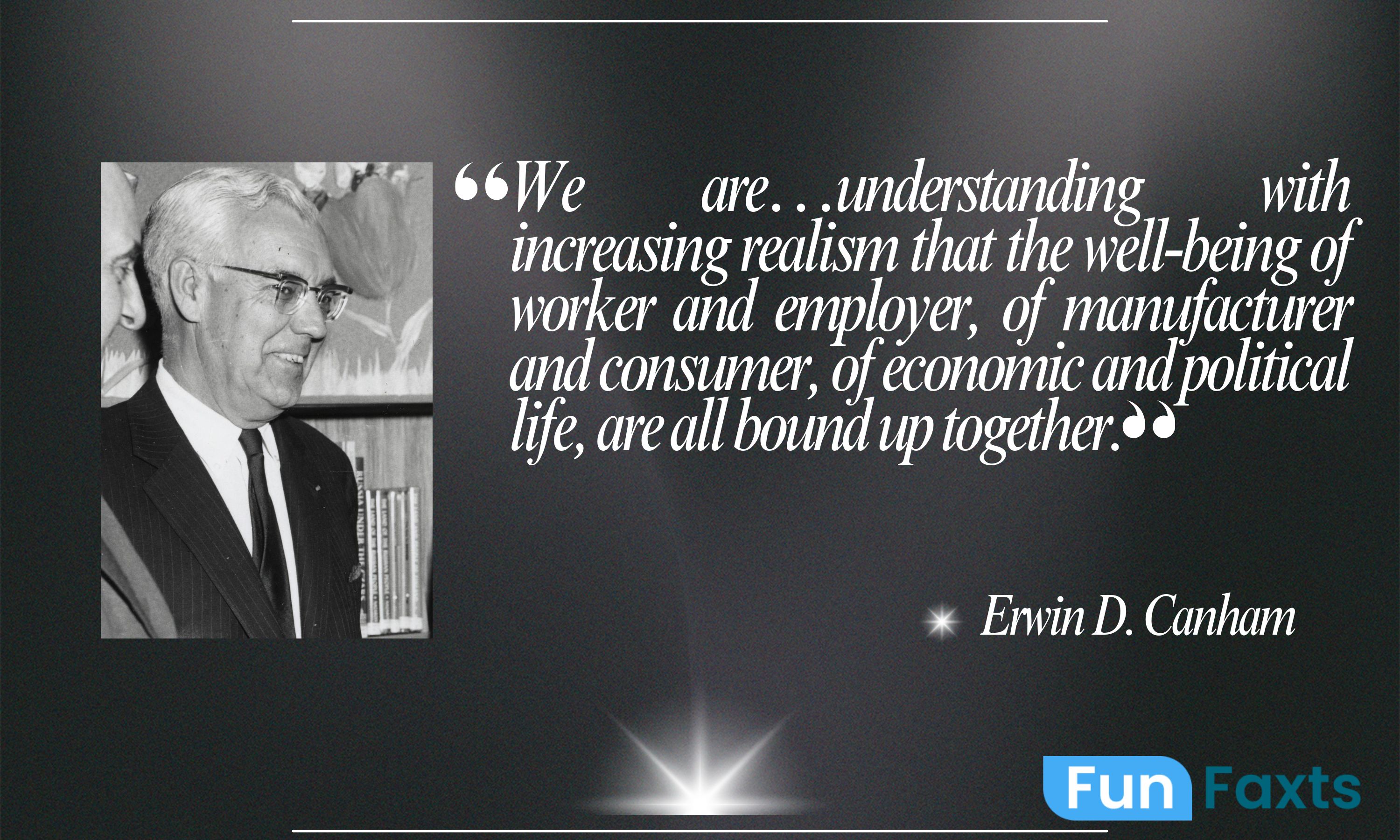
It is only when your team is happy and believe they have a relevant voice that your work load will lighten and your human relational problems will come to an end. By placing yourself on the same level as others, you will reduce your stress and increase your production.
When a leader is stressed and lashing out at his or her team, that team will push back with animosity. If your team is currently lockedintoa state of low morale, it is wise for you to determine the root cause and implement changes to brighten the environment.
Ask yourself how you can you give your team a voice to allow them to feel comfortable expressing their concerns.
“We know what we are, but know not what we may be.” William Shakespeare
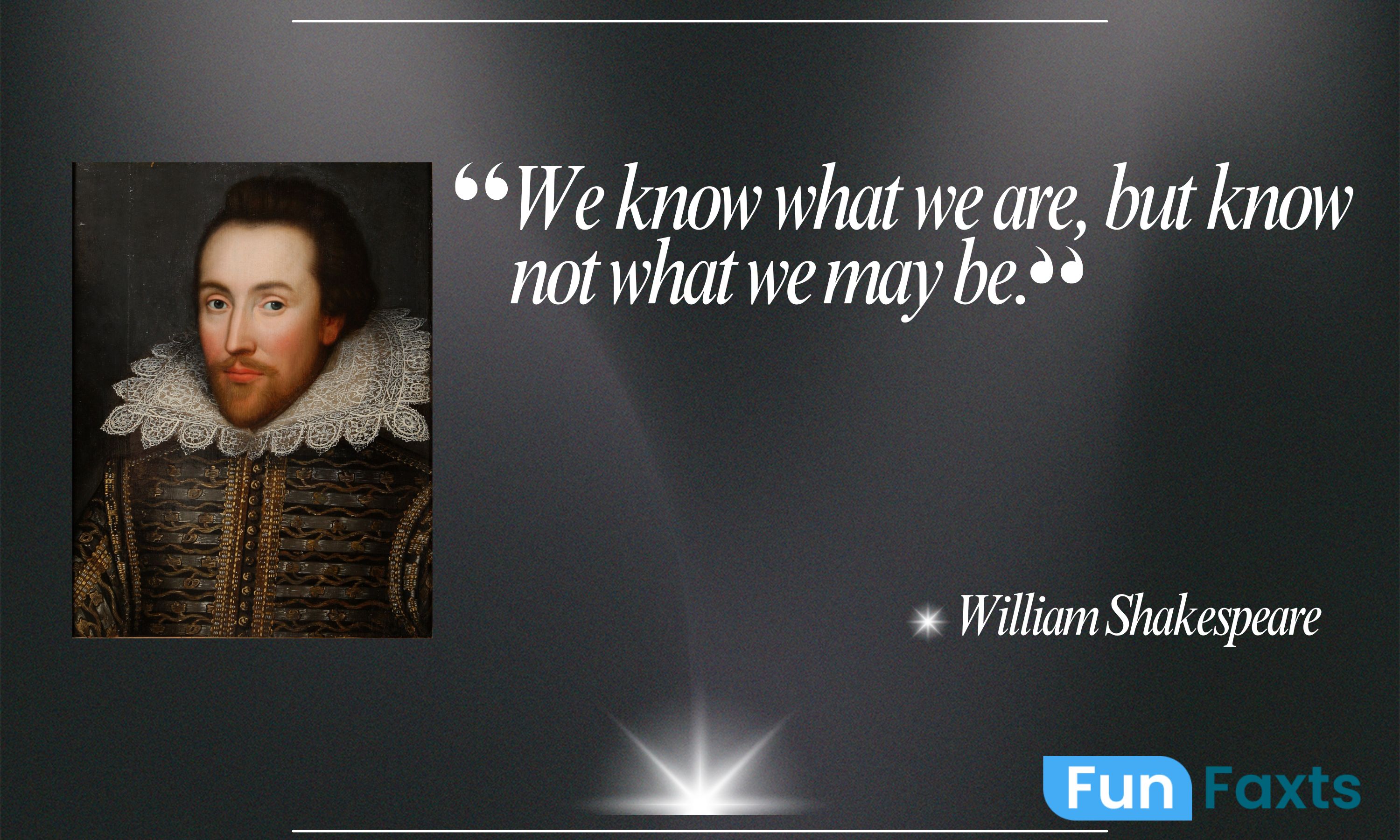
You may not be able to predict tomorrow, but still it is best to prepare for it today. Determine who you are in the present, and assess your personal strengths and weaknesses. Develop positive characteristics by giving yourself or asking for work that you love and completing it to the best of your ability.
No leader, especially a rookie, likes to admit that they carry weaknesses, but it is important that your team sees you take responsibility for your mistakes and improve over time. Enhance your weakest attributes by seeking a mentor who holds a strong command over the areas in which you lack, and be honest about the advances you desire to make.
“You are not here merely to make a living. You are here in order to enable the world to live more amply, with greater vision, with a finer spirit of hope and achievement. You are here to enrich the world, and you impoverish yourself if you forget the errand.” Woodrow Wilson
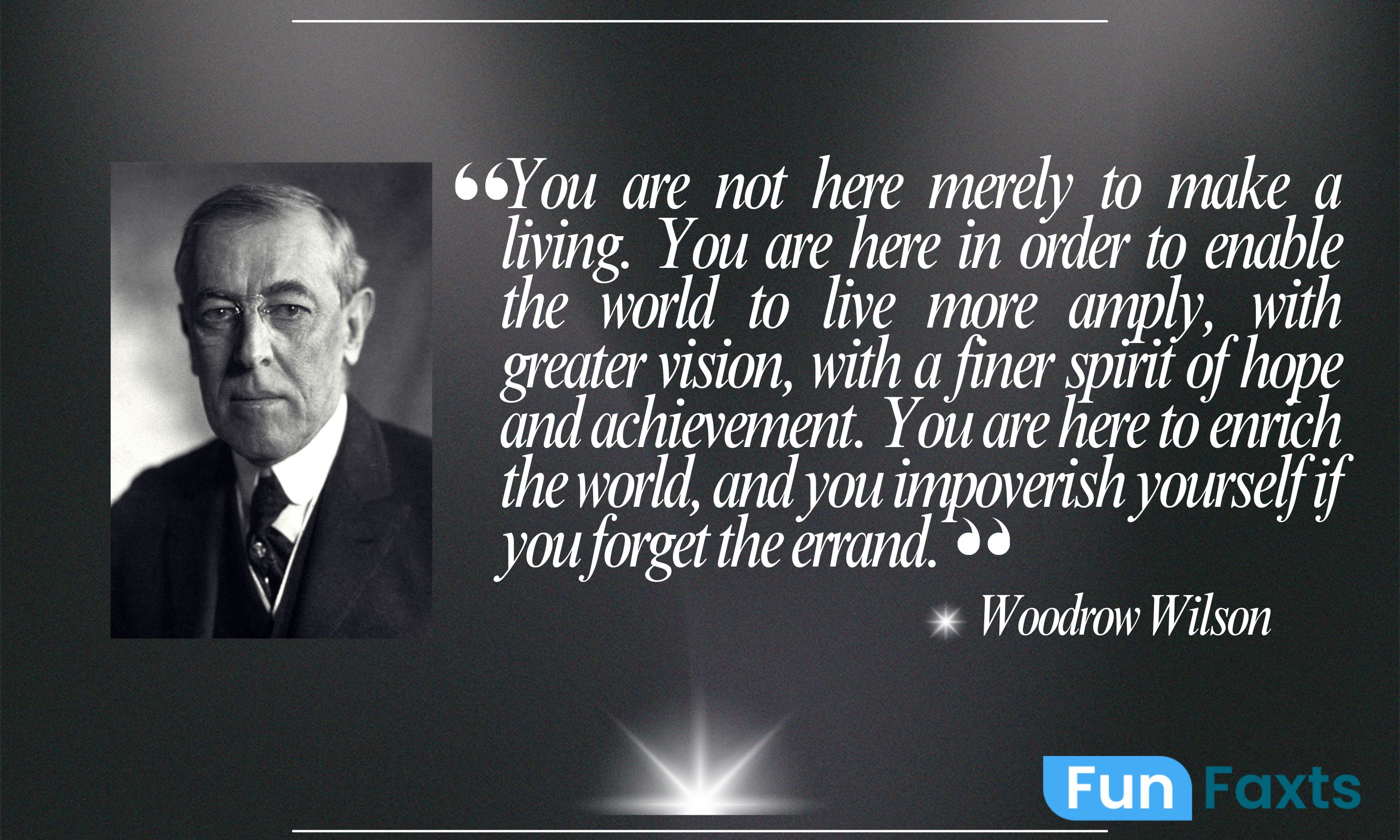
Only when you stand firm in the ambition to improve the lives of others will you improve your own. We all work as one toward the mission that those who came before us have led us to.
Not only is our present position important, but it's crucial to also remember those who will proceed us in the future. Establish practices that are constantly evolving with the times; this will become key as you train a newcomerto take your place one day.
Each generation brings a new vision as to what they would consider the best practices, so as you grow, gently allow those practices to melt into your own.
“The older I get, the more wisdom I find in the ancient rule of taking first things first – a process which often reduces the most complex human problems to manageable proportions.” Dwight D. Eisenhower
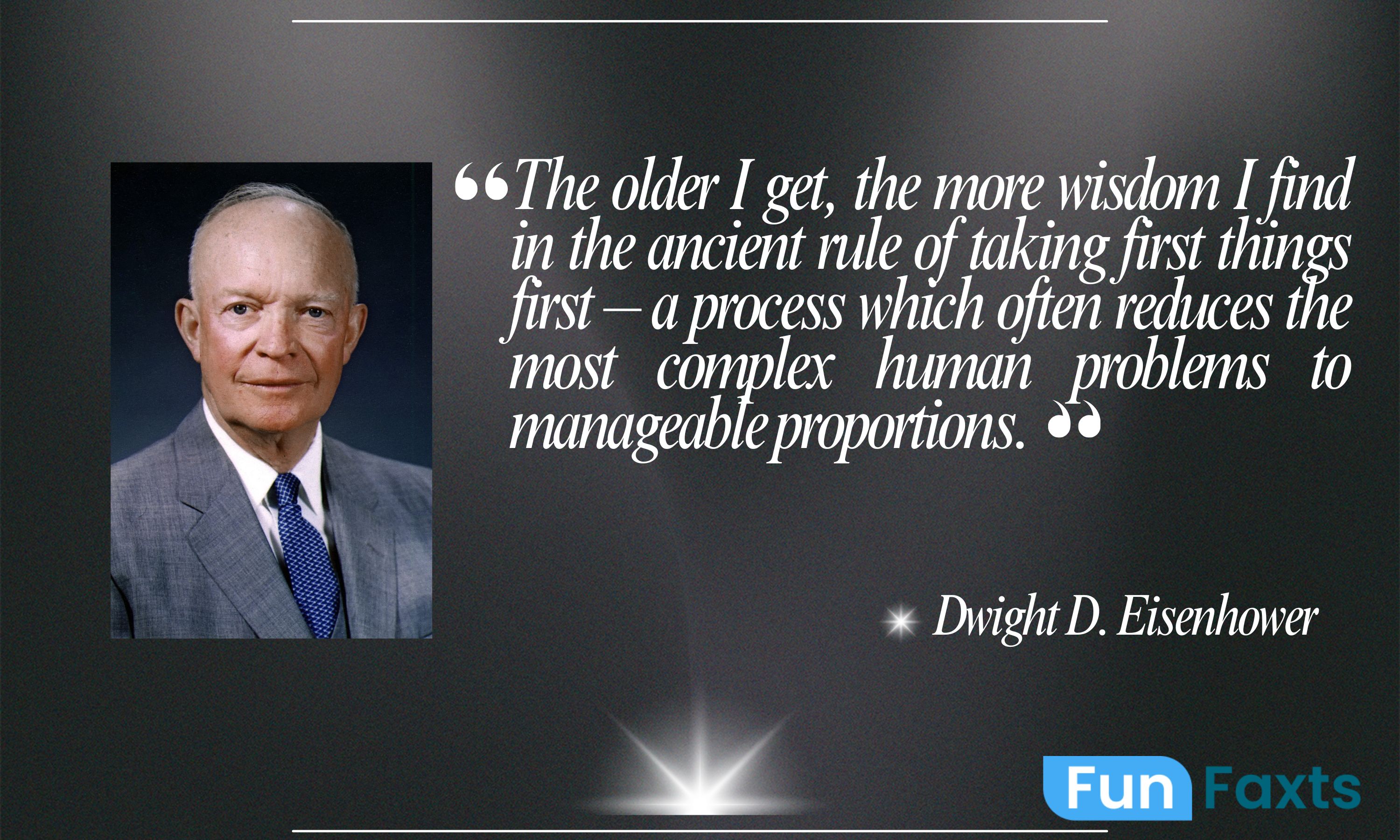
For those who are blessed with a vision of the big picture, it can be too easy to get ahead of yourself, but you are also at an advantage in envisioning a goal better than the short-sighted crowd surrounding you.
Break a problem down into manageable fractions,and it will be easier to solve. Don't let yourself get lostin the maze of "what if" questions that mask themselves as solutions.
Attempting to deal with the unknown prematurely will only shift your focus away from what's important in the present.
“A true leader has the confidence to stand alone, the courage to make tough decisions, and the compassion to listen to the needs of others. He does not set out to be a leader, but becomes one by the equality of his actions and the integrity of his intent.” Douglas MacArthur
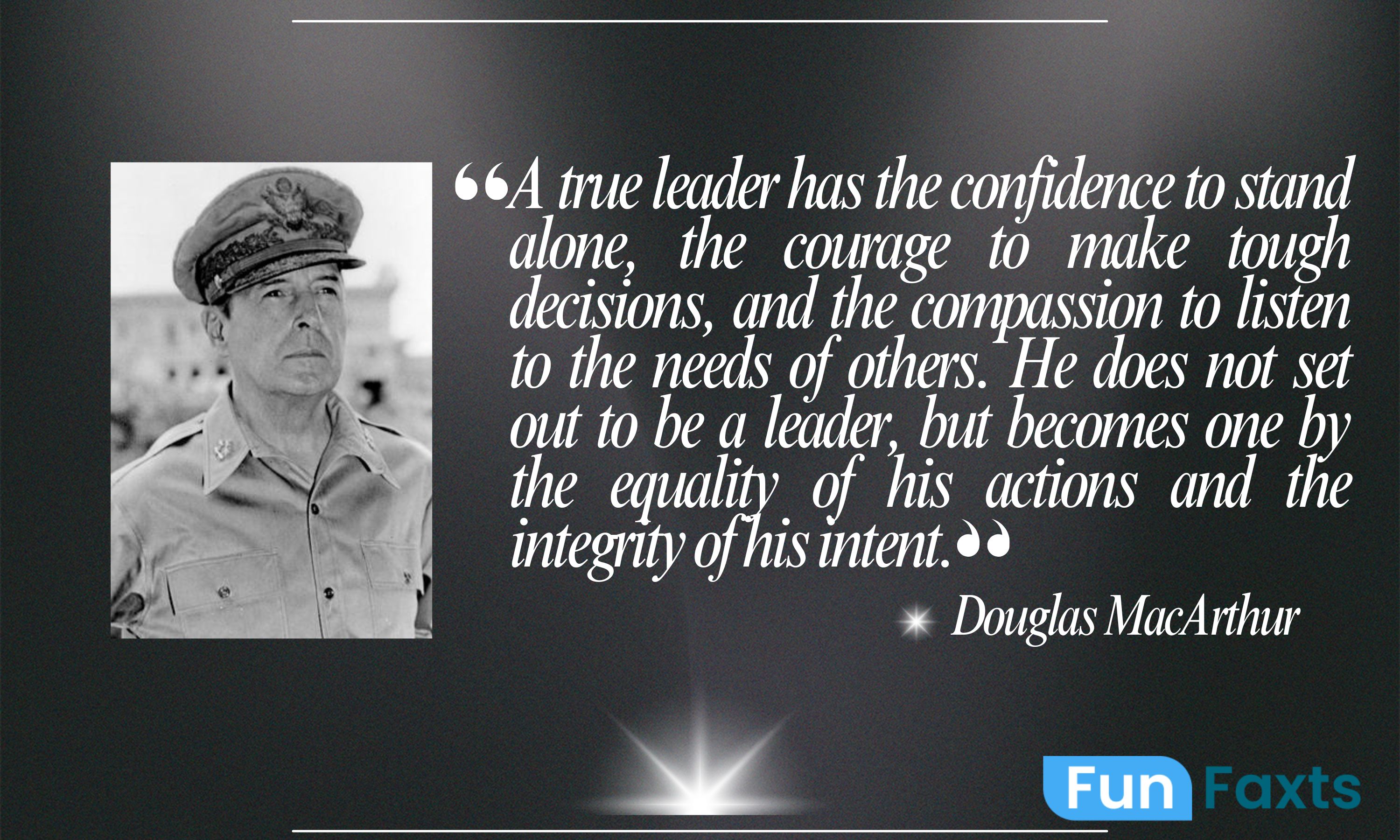
No one wants to work with a micro-manager who feels entitled by their position, hovers over every task, and constantly makes critical inquiries in regards to the actions of others.
Employees will feel more at ease with a leaderwho genuinely cares about the team, and who does not fear the wrath of his or her own superiors.
Remember, however, that a good leader will sometimes have to make unpopular decisions. The trick is to celebrate your entire team when your ideas are fruitful, and admit your wrongdoing, vowing to do better, when they are not.
“The function of leadership is to produce more leaders, not more followers.” Ralph Nader
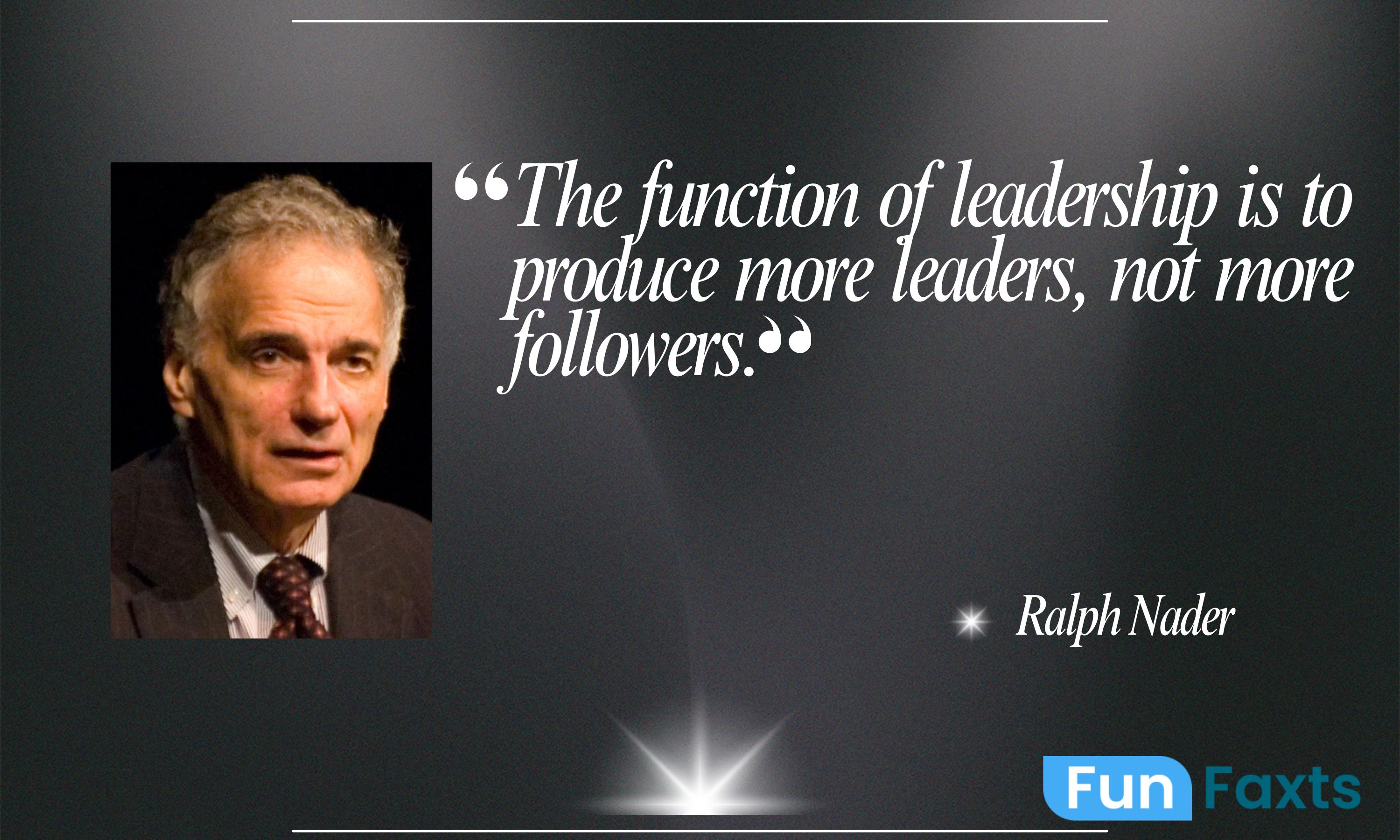
You should always be training others to act as your replacement. This can only help you, even if you aren’t planning on leaving your position. Not only will others begin to understand the stresses of your job, but it will take less time and effort to explain your actions and decisions.
You may be able to effectively reduce your work load when you train another person to anticipate the needs of you and your company. There will be fewer proverbialfires for you to extinguish, because your team will be better prepared to cope withissues, using what they have learned from you to solve them with less guidance.
This will cause a trickle-down effect, as the people in whom you invest time will later invest their knowledge in others, effectively building an entire team of valuable leaders.






